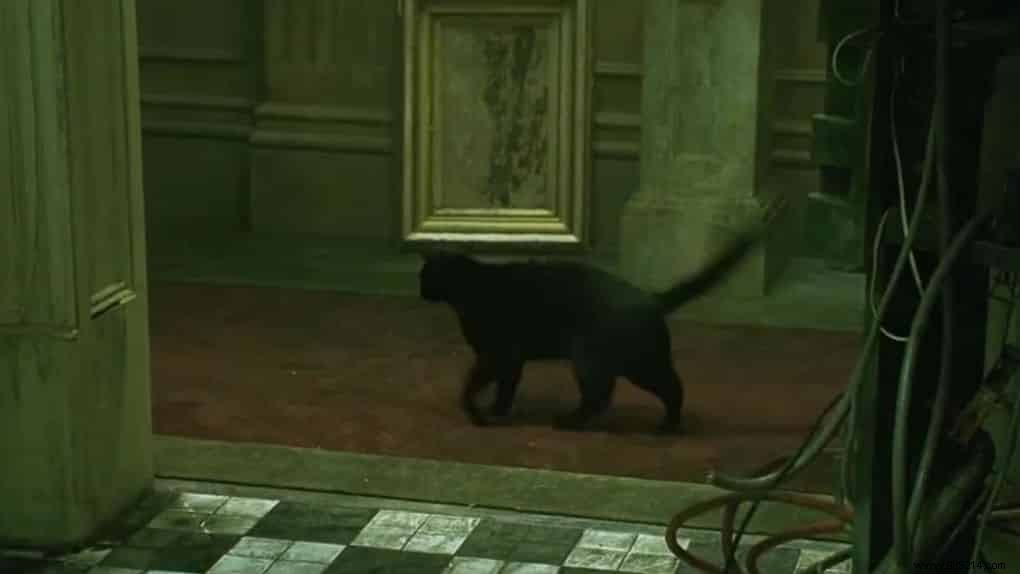We have probably all experienced deja vu, the intense feeling of having already witnessed or experienced a present situation. But what is never-seen, this strange phenomenon often described as the opposite of deja-vu?
Deja vu affects nearly two-thirds of people at some point in their lives. It seems to be more present in young people and occurs more often when one is tired or stressed. We distinguish the already-lived (impression of having already experienced a situation), the already felt (impression of having already felt exactly the same as what one is feeling) and the already-visited (the feeling of having already visited a place that you are discovering).
How can these different phenomena be explained? From a scientific point of view, nothing has yet been clearly established, but there are several leads. It is first necessary to distinguish between pathological and non-pathological "déjà-vu".
Temporal epilepsy, for example, is the most well-known pathological cause. Deja vu usually occurs at the onset of the onset of the onset of the seizure. During this period, neurons begin to activate abnormally. This dysfunction then spreads through the brain before affecting the medial temporal lobes. The region responsible for this sensation in epileptics is the rhinal region. You will find it under the hippocampus.
Certain medications (psychotropics, and in particular neuroleptics) could also cause these sensations. The latter would do so by desynchronizing or altering the coherent functioning of the brain.
Several theories attempt to explain non-pathological forms. According to psychoanalytic theory , this sensation would reflect the unconscious desire to renew a past experience by giving it, unlike the previous time, a positive outcome that we are able to control.
The Psychological Theory evokes for its part a transient deficit of attention. You are then inattentive for a few moments, but the unconscious perceptions continue to be stored in memory. When attention returns, you are then confronted with a double reading:that of the present and that of the memory recorded when you were inattentive.
According to neurological theory , the "déjà-vu" would be linked to a desynchronization between the two cerebral hemispheres. Each of the hemispheres records its perception of the situation offbeat, hence the feeling of deja vu.
Finally, some proponents of parapsychological theories suggest that "déjà-vu" is a memory of premonitory dreams or a past life.

While some are well aware of the feeling of déjà vu, many are unaware of the existence of its opposite:the feeling of never-seen . For example, you enter the dining room of the house you grew up in, and this very familiar environment seems momentarily unfamiliar to you, as if you are seeing it for the first time.
On Reddit, some have shared their often disturbing experience.
“Once I got off at my usual bus stop to go home. It was like getting off a bus in a foreign country. I didn't recognize the road signs, the location, nothing. I had to use Google Maps to get to my front door “, can we read in one of the posts.
“Another time I was in my room and it was like I was in a stranger's apartment. I didn't recognize anything and started freaking out a bit until my dog approached me. I finally realized that if my dog was with me then it was probably OK. Then I found a letter addressed to me and I thought "OK, this must be my own apartment".
Another explains how he forgot his own friends. “I remember walking into my main class and not recognizing anyone. I sat down at a desk and tried my best to remember the name of just one of my classmates, to no avail. I couldn't even recognize my friends “, he writes. “Naturally, I knew I HAD to know all these people and their faces were familiar to me, but it was as if my brain had forgotten all about them. It was a really lethargic experience...it almost felt like I was in a dream. I ended up going home for the day saying I felt sick “.

How to explain this phenomenon? It's hard to say. There would still be a way to induce it in about a minute.
One of the rare studies on the subject was indeed carried out by Professor Chris Moulin, from the University of Grenoble. As part of this study, the researcher asked 92 volunteers to write the word "door" thirty times in sixty seconds. According to his results, nearly two-thirds of the volunteers would have shown "never seen" symptoms by then. The experiment also revealed that people who had recently experienced deja vu were more likely to be induced to experience deja vu or a similar phenomenon. This sensation was eventually interpreted as a sign of mental fatigue .